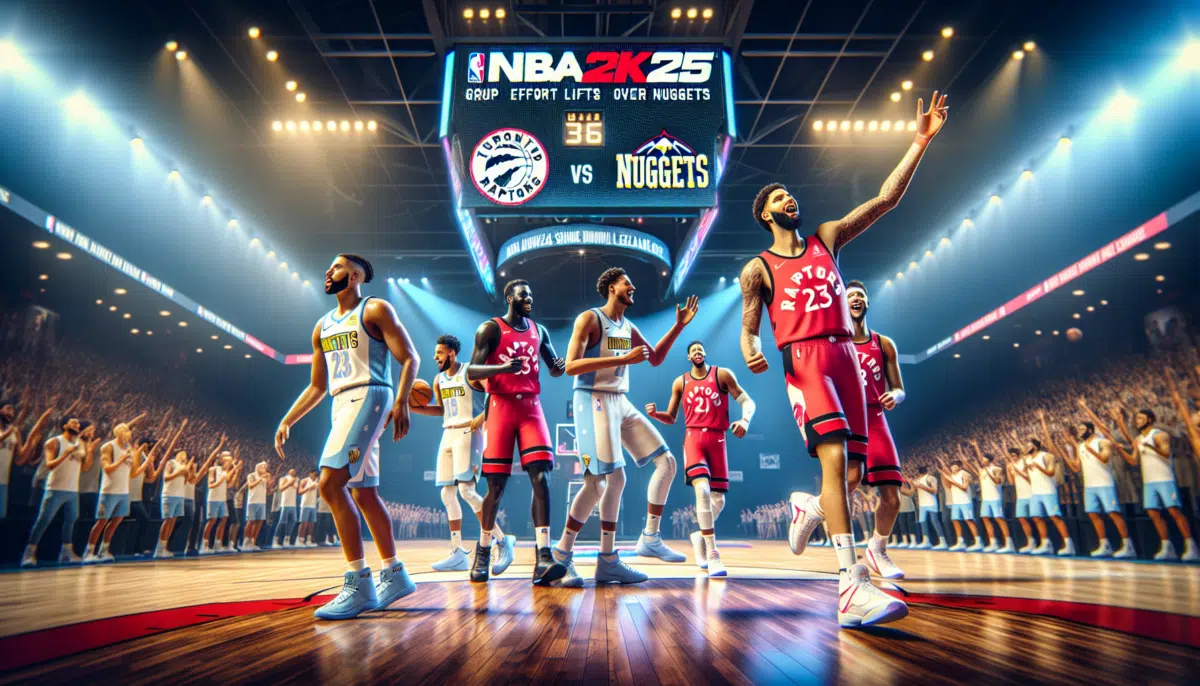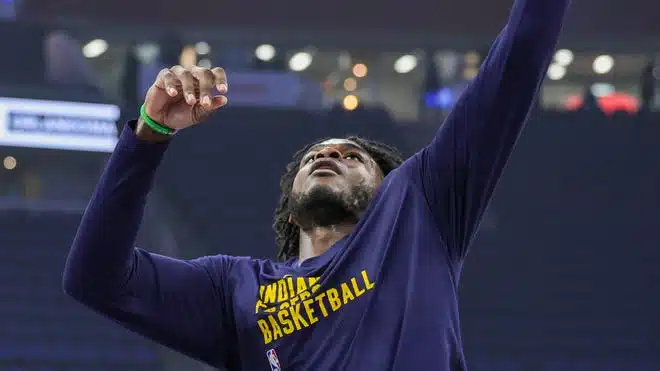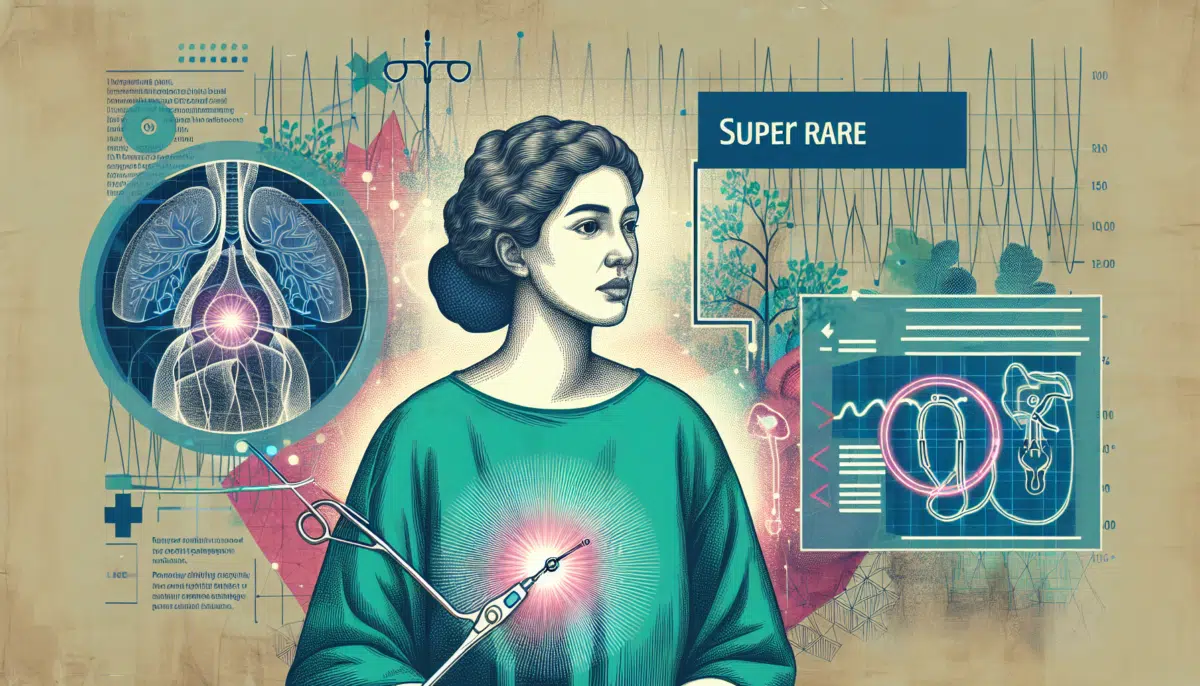Analysis by Paul Njie, BBC reporter in Cameroon
Conflict within Cameroonian football is not a recent development; however, the current rift between Fecafoot and the Ministry of Sports has taken a surprising turn.
Beyond the split among football stakeholders, even the supporters of the Indomitable Lions are divided over who is in the right and who is in the wrong.
The conflict has been viewed as a crucial test of Eto’o’s leadership in a country where government involvement in football is more of a rule than an exception.
Despite various allegations against his administration and Caf’s investigation into alleged misconduct, Eto’o, a four-time African Player of the Year, has managed to maintain his popularity to a large extent. He continues to receive widespread affection, respect, and backing both domestically and internationally.
The resolution of this uproar remains uncertain, but there is a growing demand for President Paul Biya of Cameroon to personally intervene and resolve the matter once and for all, particularly as both opposing factions claim to be following “high instructions” from him.
Until then, much of the public discourse in the streets, markets, bars, and local media will be filled with skepticism regarding whether the Indomitable Lions will even participate in their World Cup qualifying matches against Cape Verde and Angola.
Cameroonian football, once again, is in the global spotlight, but unfortunately for all the wrong reasons.






